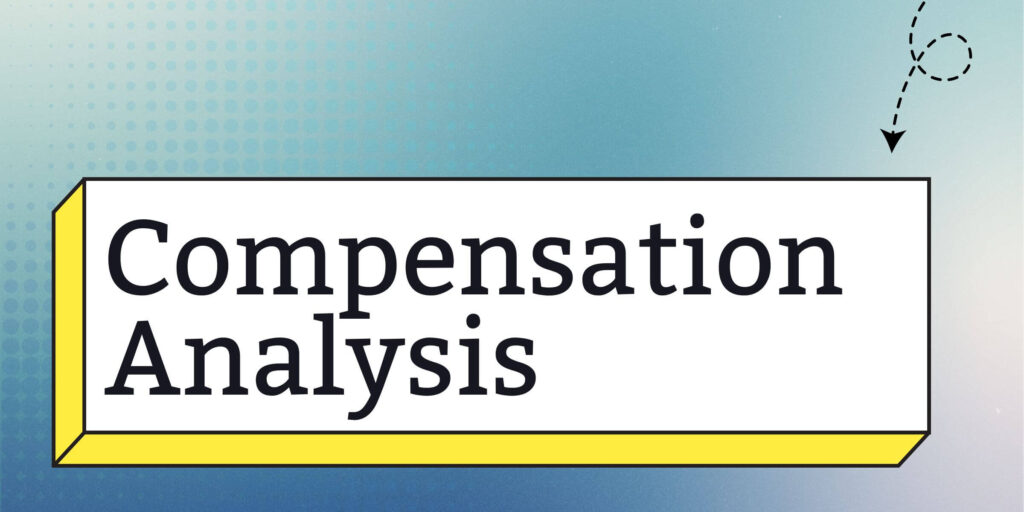The global business software market is worth over USD 2.1 billion in 2020. Because of tech advancements, there are so many options available. Picking the wrong sales compensation software can hurt team morale.
The right software can be a game-changer for your business. It can drive sales growth, motivate your sales team, and simplify administrative tasks. With that in mind, let’s dive in and discover how to maximize your business sales.
1. Define Your Business Needs and Goals
Before searching for the right software, you should understand your sales compensation structure. Consider the various components of your plan, such as:
- Base salaries
- Commission rates
- Bonuses
- Other incentives
Knowing this will help you find a solution to your unique requirements. Make sure the software also aligns with your business goals. This will help streamline compensation management and motivate your sales team.
2. Assess Integration Capabilities
Your software should be able to integrate with your CRM, ERP, and HR platforms. This will enable a seamless data flow between systems, improving efficiency.
As your business grows, your sales compensation software should be able to scale. Look for solutions that offer flexible integration capabilities. This will ensure the software provides value as your business expands.
3. Make Sure the Software is Easy to Use
An easy-to-use interface will impact your team’s productivity. Choose software with intuitive design and easy-to-navigate features. This will reduce the learning curve and ensure your sales team can get up to speed.
Remember to check if the software provider offers comprehensive training and support resources. This will help your team maximize the software’s features and capabilities. Thus, contributing to your sales growth goals.
4. Focus on Security and Compliance
Your software will handle sensitive data, including employee salaries, commissions, and performance metrics. Thus, look for software that employs robust security measures, such as:
- Data encryption
- Multi-factor authentication
- Regular security audits
It should follow GDPR, CCPA, and other regional data protection laws. This will safeguard your business against fines and reputational damage from non-compliance.
5. Look for Comprehensive Reporting and Analytics
Access to customizable reports is essential for tracking your sales team’s performance. It can also determine the effectiveness of your sales compensation strategy. Choose a software solution that lets you create custom reports.
Remember to also look for built-in analytics tools to analyze various data points. It should reveal individual performance metrics, team trends, and historical data. This information will help you make informed decisions to drive better results.
6. Ensure Flexibility and Customization
As your business evolves, your sales compensation plans may need to change. Choose software that allows you to alter compensation plans and apply changes. This flexibility will help you adapt to new challenges and opportunities.
You also want to check out customizable features that can fit your needs. This could include:
- Personalized dashboards
- Custom calculation formulas
- Unique performance metrics
These features will help ensure your sales compensation software remains relevant. It will also become a valuable asset as your business grows.
7. Look for Automation Capabilities
Automation tools have helped businesses increase ROI by 15 percent. You want to automate repetitive administrative tasks. That way, your team can focus on selling. Look for software that can handle:
- Commission calculations
- Payment processing
- Performance tracking tasks
By automating various compensation-related tasks, you can also reduce human error. This is particularly important when calculating commissions and bonuses. After all, mistakes can lead to employee dissatisfaction and disputes.
8. Consider the Total Cost of Ownership
You may want to consider both the upfront and ongoing costs. This includes the software’s price, subscription fees, and extra expenses. Remember to factor in the cost of installation, training, and support.
After that, weigh the total cost of ownership against the potential ROI. A higher-priced solution may offer more advanced features or better integration capabilities. Thus, delivering a higher return on your investment.
9. Check Vendor Reputation and Customer Reviews
Before deciding, research the software vendor’s reputation within the industry. Look for a provider with a solid track record of delivering high-quality solutions. This will help ensure you receive the support you need.
Finally, take the time to read customer reviews and testimonials. This can provide valuable insights into the software’s performance. Look for consistent themes and trends in the feedback.
Picking the Wrong Sales Compensation Software
Choosing the wrong software can lead to problems in managing commissions and incentives. They will not have the proper automation capabilities to handle complex compensation plans. This can lead to the following:
- Inaccurate calculations
- Payment delays
- Increased administrative workload
Sales managers must spend valuable hours resolving discrepancies from disgruntled sales staff. Some software fail to integrate with existing systems. This can hinder the company’s ability to make data-driven decisions.
Poor visibility into sales performance metrics can delay changes to sales strategies. Plus, sales reps may become demotivated from the unclear compensation plans. This can lead to a decline in performance.
Who Needs a Sales Compensation Software?
This solution is ideal for businesses with a growing sales team. They will need a streamlined solution to manage their compensation plans. As the commission structures increase, manual calculations become inefficient.
Implementing sales compensation software ensures accuracy and transparency. It also enhances prompt payouts, leading to a more productive sales force.
Maximizing Business Growth with the Right Solution
By following these nine tips, you can choose the best software for your business. Opt for a solution that aligns with your goals and integrates with your existing systems. You also want something that offers robust reporting and analytics features.
This can drive sales growth and motivate your sales team to achieve greater success. So what are you waiting for? Request a demo to find the perfect sales compensation software.







